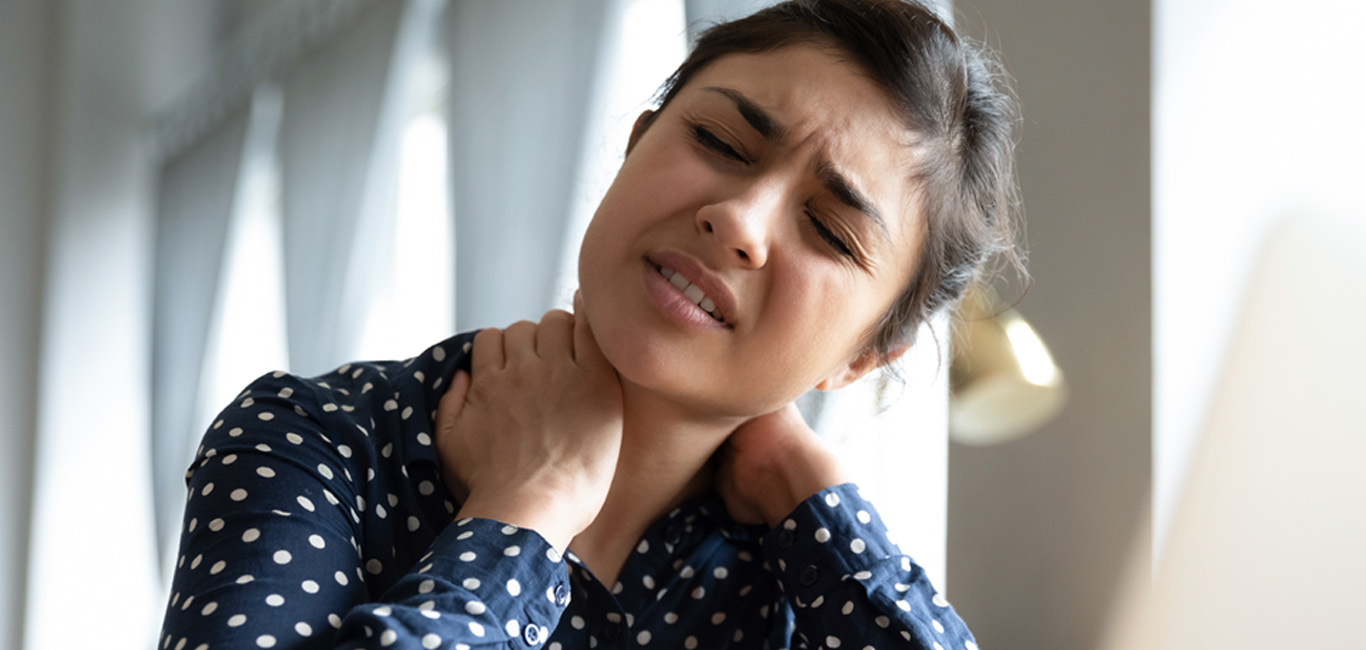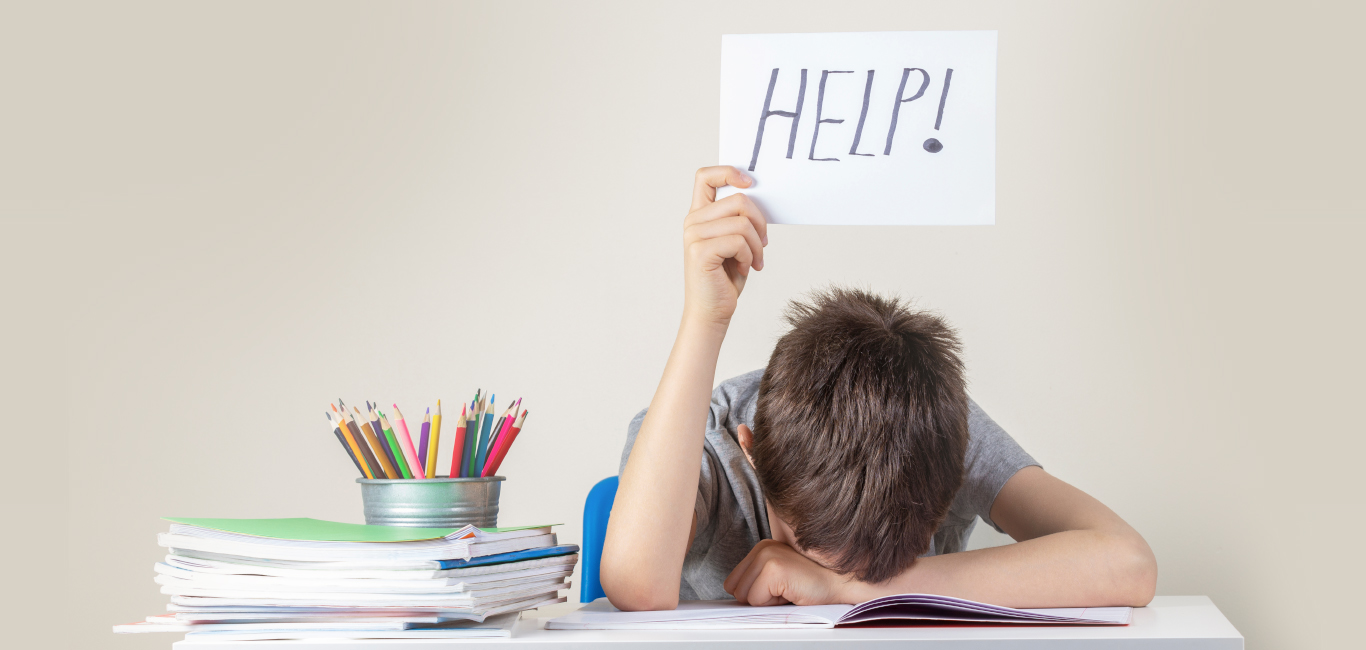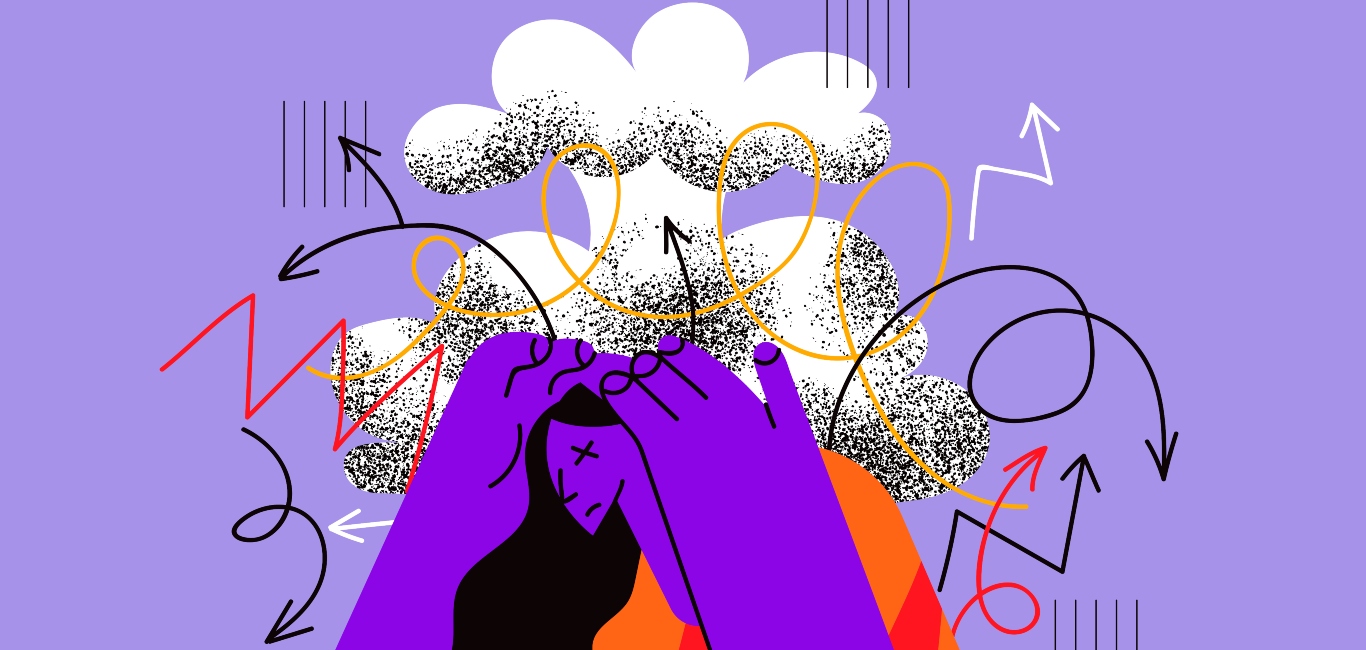
A 34-year-old Chennai-based software engineer (who wishes to remain anonymous) had been facing digestive issues since February 2022. Although he found some relief from the medication his doctor had prescribed, his symptoms resurfaced as soon as the course of medicine was over. A wide range of diagnostic tests followed with no abnormality being detected. That is when he approached Arun Kumar, a Chennai-based counselling psychologist and Rational Emotive Behaviour Therapy (REBT) life coach.
After considering the person’s lifestyle, thought processes and career expectations, Arun Kumar determined that it was high-functioning anxiety that was triggering these symptoms. Four counselling sessions of one hour each (REBT technique) at an interval of 10 days followed. The sessions helped the person understand his thought processes, beliefs and expectations, which in turn helped him successfully address his anxiety — the root cause of his symptoms.
Body-mind connect
Ailments of the mind manifest as physical symptoms even when there are no physical issues, emphasizes Dr Surjit Prasad, from the Central Institute of Psychiatry, Ranchi.
Mood and behavioural changes are the primary symptoms of clinical depression while these symptoms are absent in somatised depression.
“In somatised depression individuals show a variety of physical symptoms including nausea and pain, without having any clinical link with the body or the organs,” says Dr Prasad, providing the example of a person with a history of chronic nausea who was referred to him. Even the PET scan of this person showed no sign of a physical illness. He was then diagnosed with depression and is now doing well following psychotherapy and medication, according to the doctor.
Whys and hows
Understanding the functions of the autonomic nervous system can help us understand the whys and hows of anxiety or somatised depression. The autonomic nervous system is a part of the peripheral nervous system that one cannot consciously control but that regulates a variety of functions like breathing, heart rate, urination, and sexual functions. It is the same system that alerts us and triggers reactions when we sense physical threats.
“The autonomic nervous system initiates the fight and flight response, which is designed to cope or run away from danger,” says Dr Prasad. “While under stress or when anxious, this system (autonomic nervous system) kicks in and physical symptoms such as headaches, nausea, muscle stiffness, shortness of breath or stomachache, appear.”
If a person has on-and-off headache, nausea or muscle pain, it could be emotions rather than physical morbidity driving the symptoms, says Dr Prasad.
Identifying and easing
Experts say that the more one focuses on the physical symptoms, the more alarmed one becomes and the more intense the symptoms. This sets a vicious cycle in motion. Many times, our focus is on the physical symptoms without realising that the underlying reason behind these is anxiety. So, how does one know that anxiety is stirring up a storm within?
Experts share tips on coping and getting relief from this vicious cycle of anxiety and physical symptoms.
Stop and assess: It is important to listen to our body’s signals and observe what is going wrong with it. Our first step should be to pause and think about the symptoms we notice, and gauge if they are related to our emotions or are reactions to stress. “If these symptoms surface after a stressful event for a period of time, chances are that our emotions are triggering our symptoms,” says Dr Prasad.
Distraction: Distracting oneself from what we are thinking at the moment can be helpful to cope with physical symptoms due to anxiety. Painting, doing the laundry, gardening, playing our favourite games, and solving puzzles are all helpful distractions. Talking with friends or family is another simple trick to shift focus from our body, says Dr Prasad. However, Arun Kumar is of the opinion that things that calm down people are different for different people and cannot be generalised.
Relaxation and mindfulness
There are several relaxation and mindfulness techniques that work.
- Conscious, deep breathing helps to alleviate stress levels by relaxing the mind and body to a remarkable extent. Continuous practice of this technique will also instill mindfulness, which helps in managing anxiety significantly.
- Arun Kumar suggests journaling the events that triggered one’s anxiety: what are we thinking to make us feel this way, is our belief correct, what is the evidence that this belief is true, and so on. These questions will help us change our thought patterns, allowing us to explore our blind spots and analyse if our core beliefs are true and justifiable.
- Muscle stiffness is a prominent symptom driven by anxiety. Dr Prasad suggests Jacobson’s Progressive Muscle Relaxation technique. The technique involves tightening the specific muscle group and relaxing them. By concentrating specifically on the problem area, we become more aware of our body as well as physical sensations, helping us relax both body and mind.
Reassurance: The other way to cope is to reassure oneself that what we are facing is not harmful. Arun Kumar gives his clients worksheets that have questions like:
– write down the feelings you are experiencing
– write down the thoughts associated with this feeling
– write down your thoughts. Are they rational?
“These questions and worksheets will assist them to evaluate their core beliefs and we can see a change in them in their subsequent visits,” he says.
Get checked and know when to seek help: If there is no progressive change in the client even after sessions of questions and worksheets, Kumar follows ‘Imagining the worst’ technique. This allows individuals to think that they will be able to manage the outcome of even the worst-case scenario. “If even this exercise is not effective, they will be guided to a psychiatrist and we will work along with them,” he says.
Final words
It is important to understand if it is our anxiety that is causing the physical symptoms or the physical symptoms that are causing the anxiety, stresses Dr Prasad. For example, during an asthma attack, people have trouble breathing and this makes them anxious. But anxiety is not the root cause of their breathing difficulty. If we experience physical symptoms that do not resolve with any relaxation technique, or if our physical symptoms or anxiety are disturbing us, it is time to get our physical condition checked.


















One Response
Good practice